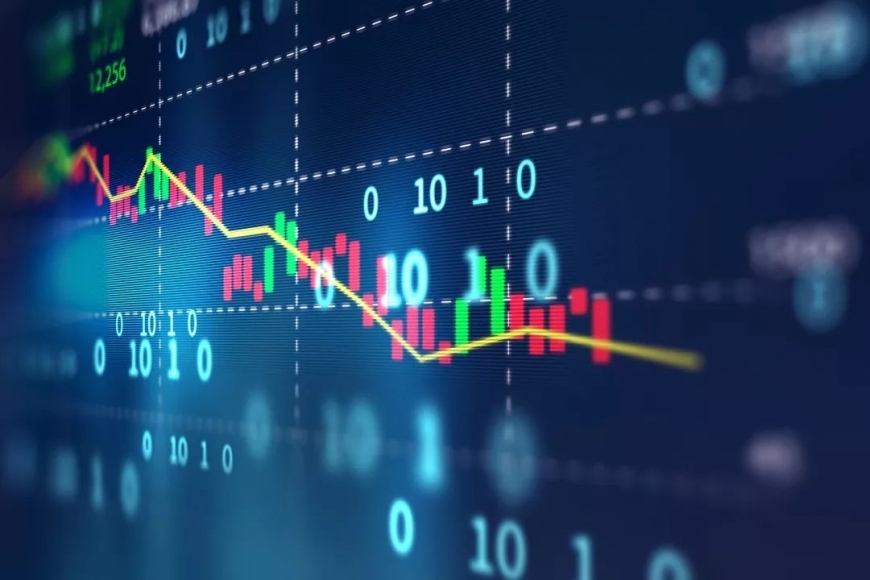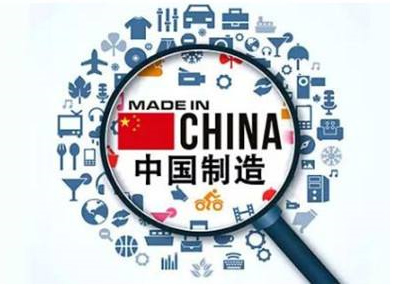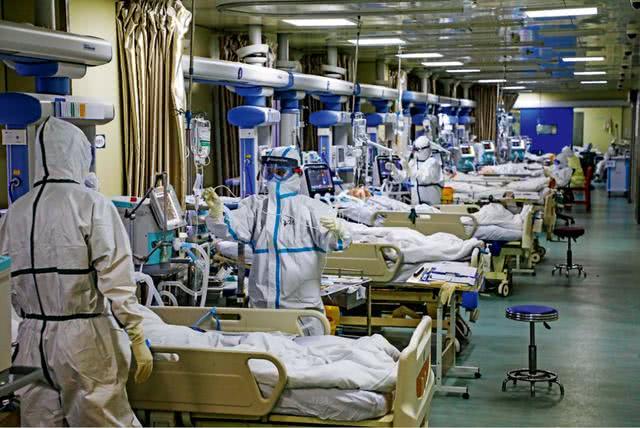Mar 02, 2020
As new infections slow down, the spread of the coronavirus has accelerated outside China.
Tom Watkins, President and CEO of the Economic Council of Palm Beach County, FL
Feb 29, 2020
The coronavirus crisis presents an opportunity for collaboration to the U.S. and China. It is time the two nations abandon their habitual defamation of one another for political gain and consolidate their efforts to stop this crisis in its tracks.
Andrew Sheng, Distinguished Fellow at the Asia Global Institute at the University of Hong Kong
Xiao Geng, Director of Institute of Policy and Practice at Shenzhen Finance Institute, Chinese University of Hong Kong
Feb 29, 2020
Last October, the 2019 Global Health Security Report included a stark warning: “National health security is fundamentally weak around the world. No country is fully prepared for epidemics or pandemics, and every country has important gaps to address.” Just a couple of months later, a new coronavirus emerged in Wuhan, China – and quickly demonstrated the accuracy of the report’s assessment.
Zoe Jordan, Yenching Scholar at Peking University
Feb 28, 2020
“In the wake of the coronavirus, CCP messaging has centered its messaging on three distinct themes: comparisons to the 2003 SARS outbreak, patriotic slogans, and distinctions between local mismanagement and centralized solutions. Whether this messaging will be successful at mitigating government critique remains to be seen.”
Stephen Roach, Senior Fellow, Yale University
Feb 28, 2020
The world economy has clearly caught a cold. The outbreak of COVID-19 came at a particularly vulnerable point in the global business cycle. World output expanded by just 2.9% in 2019 – the slowest pace since the 2008-09 global financial crisis and just 0.4 percentage points above the 2.5% threshold typically associated with global recession.

Zhou Xiaoming, Former Deputy Permanent Representative of China’s Mission to the UN Office in Geneva
Feb 28, 2020
It’s not a question of wanting to follow through but having the ability to do so, given the complex downward pressures brought by coronavirus epidemic.
Paul Haenle, Director, Carnegie–Tsinghua Center
Lucas Tcheyan, Research Analyst, Carnegie–Tsinghua Center for Global Policy
Feb 25, 2020
In early February 2020, U.S. President Donald Trump took to Twitter to hail his excellent call with Chinese President Xi Jinping about the coronavirus outbreak. Trump called Xi a “strong, sharp and powerfully focused” leader who was successfully eradicating the coronavirus. That same day, Secretary of State Mike Pompeo announced that Washington would spend up to $100 million to help Beijing curtail the virus, in addition to the nearly eighteen tons in medical supplies it had already sent to China.

Christopher A. McNally, Professor of Political Economy, Chaminade University
Feb 21, 2020
The trade deal has been signed, but recent factors, like the novel coronavirus, make it challenging for China to meet its trade requirements. Instead of moving forward, the US-China relationship has moved sideways.

Ben Reynolds, Writer and Foreign Policy Analyst in New York
Feb 21, 2020
In addition to the devastating human toll of the coronavirus outbreak, the economic damage of a manufacturing shutdown in China is likely to be profound.

James Chau, Host, China-US Focus
Feb 21, 2020
When Dr Soumya Swaminathan was appointed Chief Scientist of the World Health Organization, she became the first-ever person to achieve this role. In the COVID-19 outbreak, she offers not only the skill and experience from 30 years in clinical care and research, but the ability to translate that into impactful programs shaped by equal parts of science and compassion. Last week in Geneva, she gathered the best in global science and R&D funders at a WHO meeting – as part of a wider action plan for the people of Wuhan, and beyond. But, as the weeks speed up, is there enough time to make a lasting difference?
Back to Top

- China-US Focus builds trust and understanding between the U.S. and China through open dialogue among thought leaders.
- Our Offerings
- Topics
- Videos
- Podcasts
- Columnists
- Research Reports
- Focus Digest
- Stay Connected
-
Thanks for signing up!
- Get the latest stories from China-US Focus weekly.